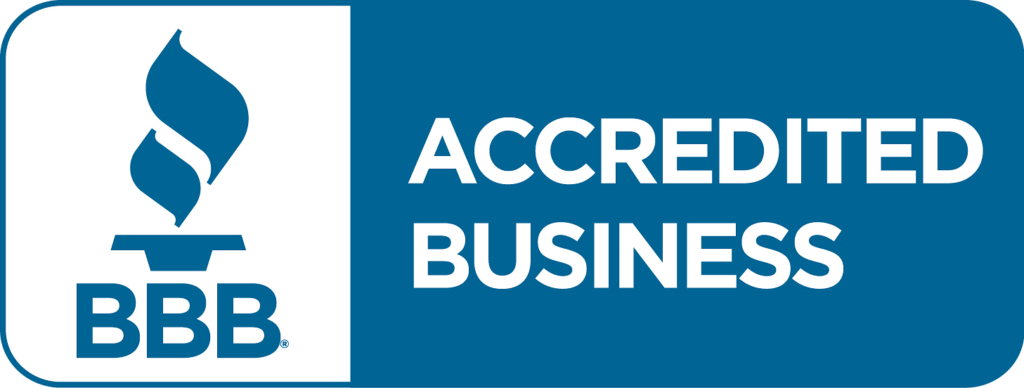Patent licensing is a legally binding contract in which the patent holder (the licensor) authorizes the licensee to utilize, distribute, or produce the patented innovation following predetermined stipulations and restrictions. The licensee is granted permission to employ the patented technology while avoiding any infringement upon the patent holder’s rights. In exchange, the licensor is customarily remunerated through licensing fees or royalties. Patents serve as cornerstones of innovation, safeguarding the outcomes of ingenuity and cultivating an environment conducive to progress. Nevertheless, the genuine capacity of patents frequently transcends their mere presence; it dwells in their strategic application, specifically via the channel of patent licensing.
At Affordable Patent Agency, we understand that securing a patent is just the initial step towards maximizing its value. In today’s competitive market, where collaboration and innovation go hand in hand, patent licensing emerges as a potent tool for leveraging intellectual property assets to their fullest extent.
Do You Need Help With Your Patent License? Consult with Affordable Patent Agency, LLC Call (855) 444-1946 Today
Table of Contents
Toggle
Unlocking Strategic Opportunities With
Patent Licensing
Unlocking strategic opportunities with patent licensing involves utilizing intellectual property assets to accomplish particular company goals and obtain a market edge. Here’s how:
Access to Technology
Patent licensing allows businesses to access valuable technology or innovations that they may not have developed internally. By licensing patents from other companies or inventors, organizations can incorporate cutting-edge technology into their products or services, accelerating time-to-market and enhancing their competitive position.
Market Expansion
Licensing agreements allow companies to penetrate new markets or increase their market share. Patent holders can capitalize on untapped markets or target niche segments where their technology can address specific needs or preferences by granting licenses to third parties.
Revenue Generation
For patent holders, licensing represents a significant revenue stream. By licensing their patents to other companies or industries, patent holders can generate royalties or licensing fees, providing a steady income stream and maximizing the return on their research and development investments.
Cost Sharing and Risk Mitigation
Patent licensing allows companies to share the costs and risks associated with research, development, and commercialization. By entering into licensing agreements, companies can collaborate with partners to pool resources, share expertise, and mitigate financial risks, thereby accelerating innovation and minimizing the burden on individual organizations.
Strategic Partnerships and Alliances
Licensing agreements often facilitate strategic partnerships and alliances between companies. By collaborating with licensees, patent holders can explore joint development opportunities, co-branding initiatives, or complementary product offerings, strengthening their market position and fostering long-term relationships with industry partners.

Patent licensing offers businesses a myriad of strategic opportunities, including access to technology, market expansion, revenue generation, cost sharing, and strategic partnerships. Organizations can effectively leverage patent licensing to unlock new avenues for growth, innovation, and competitive advantage in today’s dynamic marketplace.
Mitigating Risks and Enhancing Flexibility
The innovation landscape is constantly evolving in today’s fast-paced business environment. Patent licensing offers a flexible mechanism for adapting to changing market dynamics and mitigating risks. Businesses can more successfully overcome uncertainty and keep a competitive edge in their particular industries by diversifying their revenue streams and distributing the cost of research and development.
Fostering Collaboration and Innovation
One of the most significant advantages of patent licensing is its potential to foster collaboration and fuel innovation. By facilitating the exchange of ideas and technologies across organizational boundaries, licensing agreements stimulate cross-industry synergies and accelerate innovation. Furthermore, licensing can encourage businesses and innovators by giving them the funds and encouragement needed to develop further and commercialize their ideas.
Frequently Asked Questions
What Is Patent Licensing, and Why Is It Important?
Patent licensing is a contractual agreement wherein the owner of a patent (licensor) grants permission to another party (licensee) to use, sell, or manufacture the patented invention under specific terms and conditions. It is essential because it allows patent holders to monetize their intellectual property assets, enables access to valuable technology, fosters innovation through collaboration, and facilitates market expansion.
How Do I Know if My Invention Is Suitable for Patent Licensing?
Whether your invention is suitable for patent licensing depends on various factors, including its novelty, market potential, and commercial viability. Generally, inventions with solid market demand, broad applicability, and significant competitive advantage are more attractive for licensing. Consulting with a patent attorney or licensing expert can help assess your invention’s licensing potential and determine the best strategy for monetizing your intellectual property.
What Are the Key Terms Typically Included in a Patent Licensing Agreement?
The key terms typically included in a patent licensing agreement may include the scope of the license (e.g., exclusive, non-exclusive), royalty rates or licensing fees, duration of the license, territorial restrictions, sublicensing rights, confidentiality provisions, indemnification clauses, and dispute resolution mechanisms. Each licensing agreement is unique and tailored to the specific objectives and needs of the parties involved. Working with experienced legal counsel or a patent licensing professional is essential to negotiate favorable terms and ensure compliance with legal requirements.
Managing the Patent Licensing Complexities
While the benefits of patent licensing are undeniable, navigating the intricacies of licensing agreements requires careful consideration and expertise. From negotiating favorable terms to ensuring compliance with legal requirements, the process demands attention to detail and a comprehensive understanding of intellectual property laws.
Patent licensing represents a powerful strategy for maximizing the value of intellectual property assets and driving innovation in today’s competitive marketplace. By embracing licensing opportunities and leveraging external expertise, businesses can uncover new avenues for growth, collaboration, and success. At Affordable Patent Agency, we are committed to empowering our clients to realize their innovation goals through strategic patent portfolio creation to enhance your patent licensing. Reach out today to learn more about how we can help you understand and process the full potential of your intellectual property portfolio.
Affordable Patent Agency, LLC
4131 N. Central Expressway Suite 900, Dallas, TX 75204
(855) 444-1946




